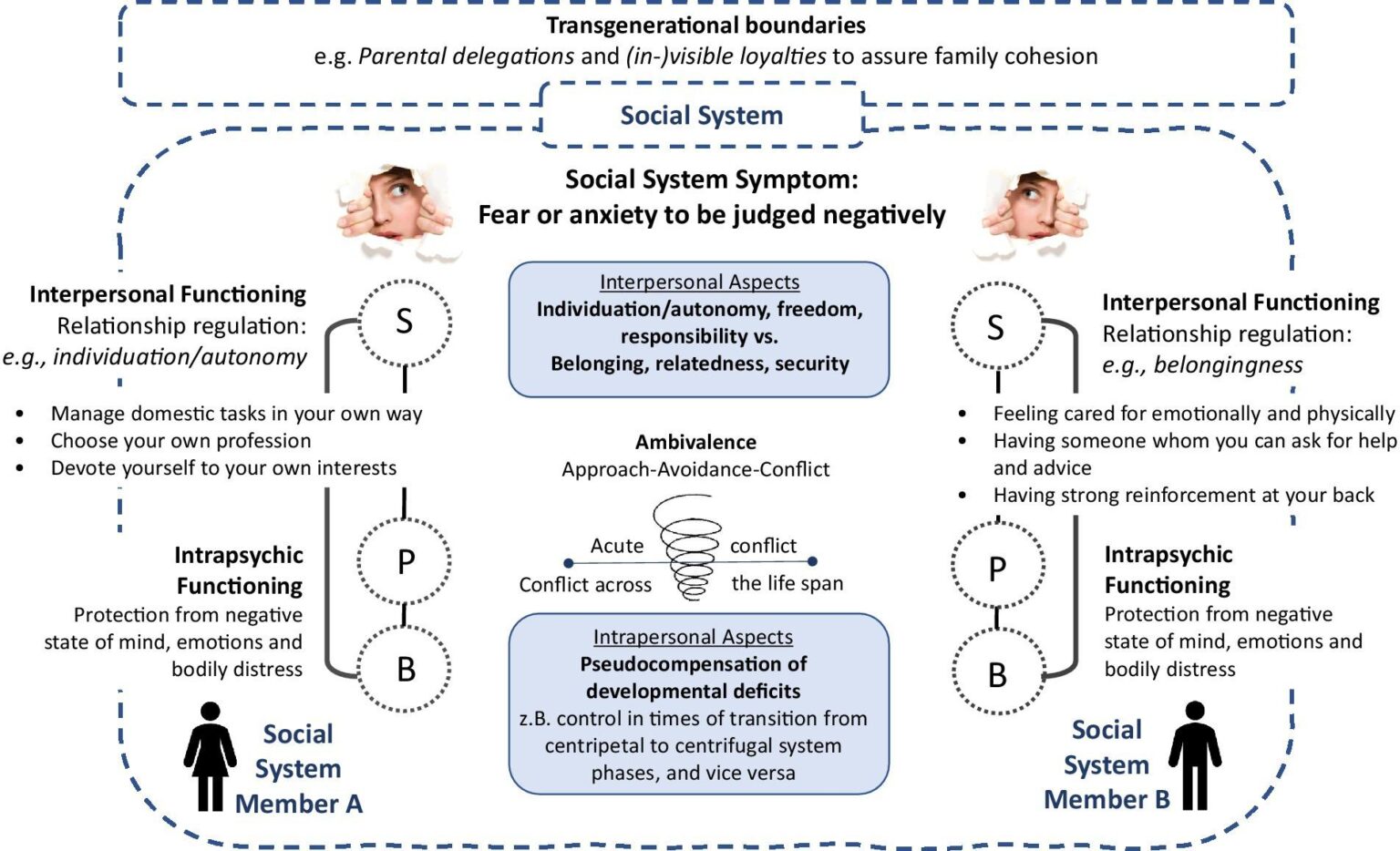South African Court Revisits Controversial Burial Dispute of Former Zambian President Edgar Lungu
In a notable judicial development, South Africa’s legal system has reopened the contentious case concerning the burial location of former Zambian President Edgar Lungu. This dispute, which intertwines political legacies with familial disagreements, has attracted widespread attention both within Zambia and internationally. The ongoing court proceedings are expected to shed light on the complex interplay between personal wishes, cultural traditions, and political symbolism tied to Lungu’s final resting place. This article delves into recent updates on the case and examines its broader ramifications for Zambian politics as well as international legal norms.
The Resurgence of Edgar Lungu’s Burial Conflict in South African Courts
The debate over where Edgar Lungu should be laid to rest has reignited in a South African courtroom, captivating observers across Africa and beyond. At its core lies a clash between family members and political stakeholders who hold divergent views on honoring Zambia’s late leader. Central issues under scrutiny include:
- Authenticity and legality of competing burial plans
- The influence of Lungu’s political heritage on burial decisions
- Potential diplomatic repercussions for Zambia within regional alliances
Legal analysts suggest that this ruling could establish influential precedents affecting how future disputes over prominent figures’ funerary arrangements are resolved. Recent testimonies have underscored the emotional intensity surrounding Lungu’s legacy—highlighting divisions not only among his relatives but also within Zambia’s wider political landscape. A verdict is anticipated imminently, emphasizing the urgency for all parties involved to present compelling arguments.
Broader Legal Dimensions: Jurisdictional Challenges & International Ramifications
This high-profile case transcends domestic law by raising pivotal questions about jurisdictional authority and sovereignty in matters traditionally governed by national customs. Experts point out that adjudicating such disputes in foreign courts challenges established norms regarding exterritoriality—the principle limiting external interference—and consular rights protecting nationals abroad.
The controversy also touches upon universal human rights concerns related to dignified burials—a right increasingly recognized under international frameworks like the United Nations’ guidelines on cultural heritage preservation.
- Cultural Diversity: Burial customs vary widely across nations; reconciling these differences remains complex when cases cross borders.
- Precedent Setting: Outcomes here may influence how other African countries handle similar conflicts involving deceased leaders or public figures.
- Regional Observations: Neighboring states monitor closely given their own sensitivities around leadership legacies and diplomatic ties.
| Main Aspect | Potential Impact |
|---|---|
| Legal Frameworks | Might redefine protocols governing burial rights internationally. |
| Cultural Norms | Affects how societies commemorate influential personalities posthumously. |
| African Regional Stability | Presents risks or opportunities for diplomatic relations among neighboring countries. |
| Diplomatic Engagements | Could reshape intergovernmental cooperation concerning sensitive legal matters involving citizens abroad. |
This unfolding saga highlights how deeply intertwined legal principles, cultural values, and geopolitical interests become when addressing politically charged funerary disputes across borders. The forthcoming judgment from South Africa may serve as a landmark decision influencing future transnational cases involving state leaders’ legacies worldwide.
Navigating Complex Cross-Border Legal Disputes: Best Practices & Strategic Approaches
Tackling high-stakes litigation spanning multiple jurisdictions demands comprehensive strategies that balance local laws with international obligations while respecting socio-political realities unique to each country involved. Key recommendations include:
- < strong >Collaboration with Local Attorneys : strong > Partnering with lawyers familiar with jurisdiction-specific regulations ensures nuanced understanding crucial for effective advocacy.< / li >
- < strong >Adherence to International Treaties : strong > Compliance with bilateral agreements or multilateral conventions governing cross-border legal processes safeguards procedural legitimacy.< / li >
- < strong >Proactive Public Relations Management : strong > Crafting clear communication plans helps shape public narratives positively—vital when media coverage influences judicial perceptions.< / li >

